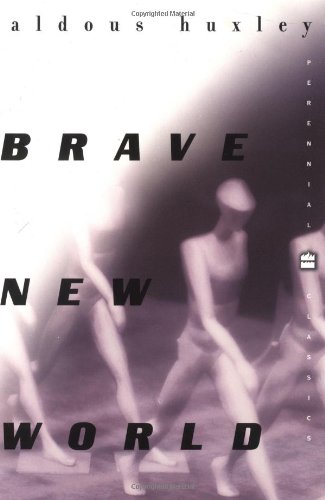In the desolate expanse of a world stripped of discernible purpose, "Waiting for Godot" by Samuel Beckett unfolds as a masterful tapestry woven from the threads of existential inquiry, absurdity, and the relentless human quest for meaning. The play introduces us to Vladimir and Estragon, two figures tethered to a barren landscape by their wait for the enigmatic Godot. Through their dialogues—infused with wit, despair, and the peculiar comfort of each other's company—Beckett crafts a narrative that is at once a poignant reflection on human existence and a deft exploration of time, memory, and companionship. With its groundbreaking minimalism and the stark, poetic precision of its language, "Waiting for Godot" emerges not just as a play but as a profound philosophical meditation. Beckett's genius lies in his ability to dress the most profound of human conditions—the search for meaning, the fear of oblivion, and the innate desire for connection—in the trappings of a seemingly simple encounter. This timeless piece remains a testament to the resilience of the human spirit, a mirror reflecting the absurd comedy of our endless wait for answers in an indifferent universe.
1
recommendations
recommendation
Similar recommendations
View all









This site is part of Amazon’s Associates Program. Purchasing books recommended by successful individuals through my links earns us a small commission, helping keep the site running, at no additional cost to you. Thank you for supporting our site!

